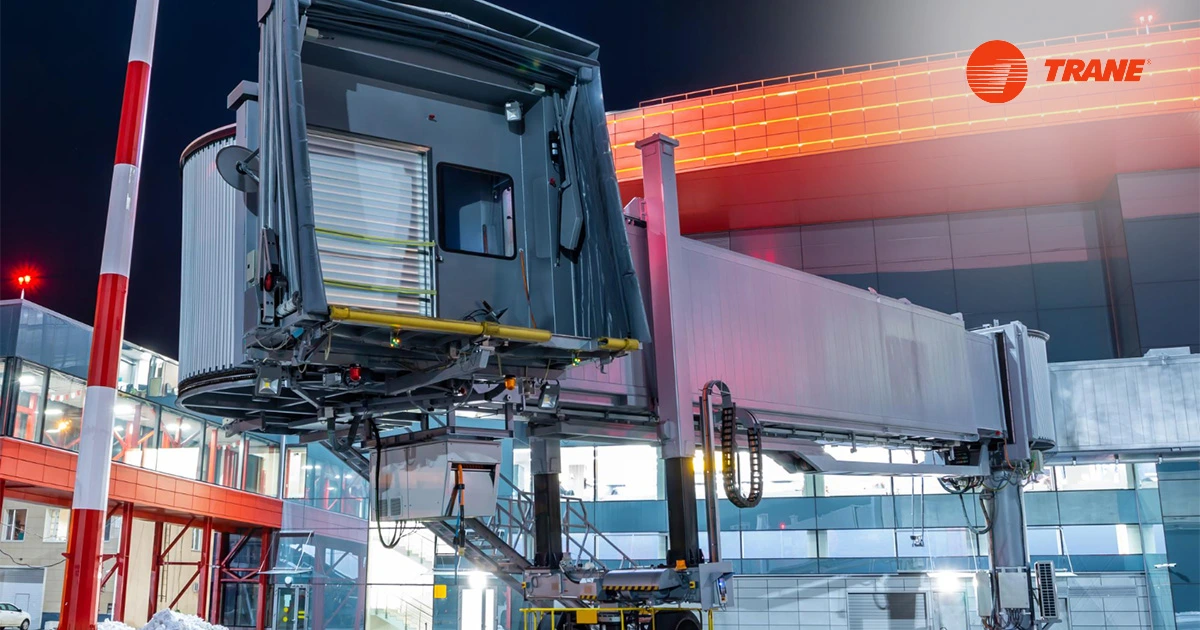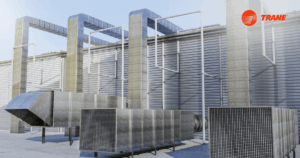Iraq’s extreme summer temperatures, combined with rapidly expanding commercial and industrial sectors, present unique challenges for the safe storage and transportation of temperature-sensitive goods. Refrigerated containers have become a critical solution, providing precise climate control for industries ranging from food production to pharmaceuticals, and ensuring that supply chains remain reliable even under harsh environmental conditions.
Addressing Iraq’s Temperature Management Challenges
The Iraqi climate, characterized by prolonged heat waves and desert-like conditions in regions such as Basra and Baghdad, places extraordinary stress on traditional storage and logistics infrastructure. High ambient temperatures can compromise product integrity, lead to significant financial losses, and threaten public health in sectors dependent on perishable goods. Food distributors, pharmaceutical manufacturers, and exporters face continuous pressure to maintain cold chain integrity, particularly as Iraq’s economy diversifies and consumption patterns evolve.
In addition to heat, challenges such as limited electricity reliability, fluctuating fuel availability, and aging infrastructure make temperature-controlled logistics even more complex. Businesses require scalable, dependable solutions that ensure uninterrupted operations while mitigating energy and operational risks.
How Refrigerated Containers Provide Solutions
Refrigerated containers offer a flexible, mobile solution for maintaining precise temperature environments. Designed to maintain consistent conditions regardless of external heat or humidity, these containers support both short-term storage needs and long-haul transportation across Iraq. For instance, agricultural exporters shipping fruits and vegetables to Gulf Cooperation Council markets rely on refrigerated containers to protect freshness during transit, minimizing waste and optimizing revenue.
Beyond mobility, modern containers incorporate intelligent temperature monitoring, allowing operators to track conditions in real time, prevent spoilage, and ensure compliance with industry standards. By integrating automated alerts and data analytics, businesses can proactively manage risks and enhance operational efficiency across multiple sites.
Benefits of Mobile Cold Storage
Preserving Product Integrity
Maintaining optimal temperature is critical for perishable goods. Refrigerated containers prevent degradation, extending shelf life for food and pharmaceutical products. Hospitals and pharmacies in Baghdad, Mosul, and Erbil rely on such solutions to ensure medications and vaccines remain effective despite local heat challenges.
Operational Flexibility
Iraq’s industrial and logistics landscape requires adaptable solutions. Companies often face sudden surges in demand, seasonal fluctuations, or temporary facility needs. Mobile refrigerated containers allow rapid deployment without long-term capital investment, providing scalable solutions for peak periods or emergency situations.
Cost Efficiency and Energy Management
Energy efficiency is a central concern for Iraqi businesses managing fluctuating electricity availability and high operational costs. Modern refrigerated containers reduce energy consumption through advanced insulation, variable-speed compressors, and precise climate control, lowering operational costs while ensuring consistent performance. This energy-conscious design also supports sustainability goals in line with global standards.
Applications Across Key Sectors
Food and Beverage Industry
Iraq’s food processing and distribution networks are increasingly reliant on refrigerated containers. Fresh produce, dairy, meat, and seafood require continuous temperature control from farm to retail outlet. Refrigerated containers enable producers and distributors to maintain product quality, reduce spoilage, and comply with international export standards.
Pharmaceuticals and Healthcare
Temperature-sensitive medications, vaccines, and biological products depend on precise cold chain management. Hospitals, clinics, and distribution centers use refrigerated containers to secure the efficacy of critical treatments. This is particularly vital in regions experiencing electricity interruptions or remote supply chain routes, where consistent cooling is essential for patient safety and regulatory compliance.
Industrial and Commercial Applications
Refrigerated containers also serve industrial sectors where chemical or electronic materials require stable storage environments. Construction projects, laboratories, and research facilities leverage mobile units to ensure equipment and sensitive materials remain protected despite Iraq’s variable climate.
Integrating Technology for Predictive Management
Advanced refrigerated containers are equipped with sensors, remote monitoring, and predictive analytics. These technologies allow operators to detect deviations, schedule preventative maintenance, and optimize energy usage. Businesses gain actionable insights into their supply chain performance, enabling proactive decision-making and minimizing the risk of costly disruptions. This digital integration is transforming how Iraqi companies manage cold chain logistics, providing both reliability and transparency.
Strategic Value for Iraqi Businesses
The adoption of refrigerated containers aligns with broader economic and operational goals. As Iraq seeks to modernize its infrastructure and strengthen industrial capacity, maintaining temperature-sensitive logistics supports economic growth, workforce safety, and consumer confidence. Companies that leverage mobile cold storage solutions can expand distribution networks, enter new markets, and safeguard reputation, all while managing costs and energy consumption effectively.
Comfort Cooling as a Complementary Solution
While refrigerated containers address storage and transportation challenges, maintaining optimal working environments within facilities is equally critical. Trane Iraq provides comfort cooling solutions that ensure indoor temperatures remain stable for employees, equipment, and critical processes. By combining space comfort with mobile cold storage, businesses can create fully resilient operational environments capable of meeting both regulatory standards and local climate demands.




